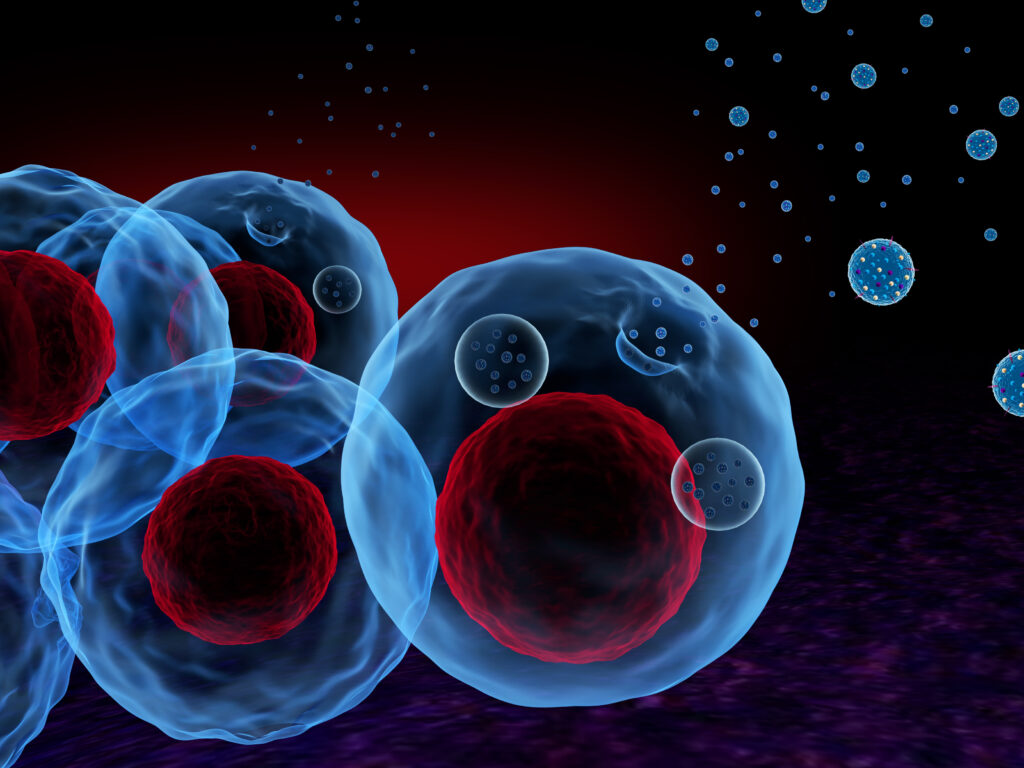Tendon injuries are a prevalent issue in sports medicine, presenting significant challenges for independent repair. These injuries can develop into more severe conditions, such as tendinopathy, if not addressed promptly. This underscores the critical need for early intervention to mitigate inflammation and promote healing. A recent study has explored a promising therapeutic approach using dendritic cell-derived exosomes (DEXs) to shift the polarization of M1 macrophages, the primary inflammatory cells present during the early stages of tendon injury.
The research highlights the role of DEXs in managing inflammation, thereby creating an environment conducive to tendon regeneration. The ability to effectively control inflammation while simultaneously encouraging tissue repair could revolutionize the treatment of tendinopathy, offering new hope for patients suffering from chronic tendon injuries.
The study was conducted by a team of researchers from Peking University Third Hospital and included authors Rao Chen, Liya Ai, Jiying Zhang, and Dong Jiang. Each author contributed substantially to the research, which demonstrates the collaborative effort necessary to advance our understanding of tendon healing and repair mechanisms.
As the scientific community continues to unravel the complexities of tendon injuries and their management, this study serves as a pivotal step towards developing innovative therapies that not only address the immediate inflammatory response but also foster long-term recovery. The implications of this research extend beyond the realm of sports medicine, potentially impacting a wide range of medical fields where tendon injuries are prevalent.
In conclusion, the exploration of DEXs as a therapeutic tool represents a significant advancement in the quest for effective treatments for tendinopathy. Early intervention remains paramount, and with continued research, there is hope for improved outcomes for individuals facing the challenges of tendon injuries.


